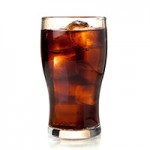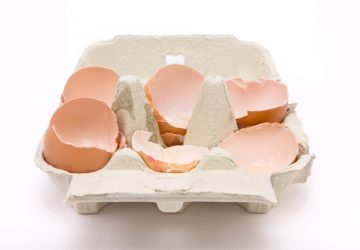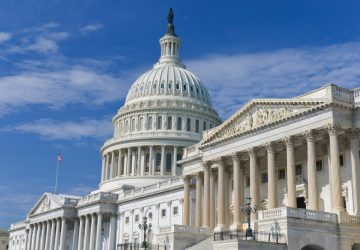 As regular readers know, sugar scolding—whether it’s calling the sweet stuff “the most destructive force in the universe” or demanding that sodas as we know them be sin-taxed or even prohibited altogether—is all the rage these days among the nation’s self-anointed food police. And thus even good news that Americans are making healthier decisions without a government cattle prod must be pooh-poohed. Just take a look at today’s report in the USA Today that added sugars contribute five percentage points fewer to Americans’ diets than they did in 2000. (And, contrary to the too-convenient talking points of soda tax activists, most of the sugars come from foods, not soft drinks.) Scolds note that the amount is still higher than they think it should be, and therefore regulation is needed.
As regular readers know, sugar scolding—whether it’s calling the sweet stuff “the most destructive force in the universe” or demanding that sodas as we know them be sin-taxed or even prohibited altogether—is all the rage these days among the nation’s self-anointed food police. And thus even good news that Americans are making healthier decisions without a government cattle prod must be pooh-poohed. Just take a look at today’s report in the USA Today that added sugars contribute five percentage points fewer to Americans’ diets than they did in 2000. (And, contrary to the too-convenient talking points of soda tax activists, most of the sugars come from foods, not soft drinks.) Scolds note that the amount is still higher than they think it should be, and therefore regulation is needed.
But shouldn’t activists instead promote the personal responsibility that has made progress and ask for more of it? Of course, if they did that they might have to recognize that their anti-food campaigns are abjectly failing at their supposed goal of reducing obesity in the absence of relying on personal responsibility and physical activity first and foremost. Recall the statement of former CDC obesity boss William Dietz from a few months ago in response to reports that children’s calorie consumption had declined (with our emphasis):
The only way that we can explain the decline in calories and the increase in obesity in boys, flat in girls, is that physical activity has declined. And if that’s the case, that’s a real concern, because physical activity plays a major role in the prevention of chronic diseases, including obesity.
The anti-food campaign is failing because it doesn’t sufficiently acknowledge the role of physical inactivity in causing obesity and fails to empower people to take responsibility for their own lives. By demanding even more government intervention to take choices away rather than educating people to make smarter choices about eating and exercising, the sugar scolding movement will not reduce America’s waistlines. And if their latest tactic, declaring foods the equal of real drugs like cocaine and heroin, is any indication, the scare-and-regulate activists haven’t learned any lessons.




